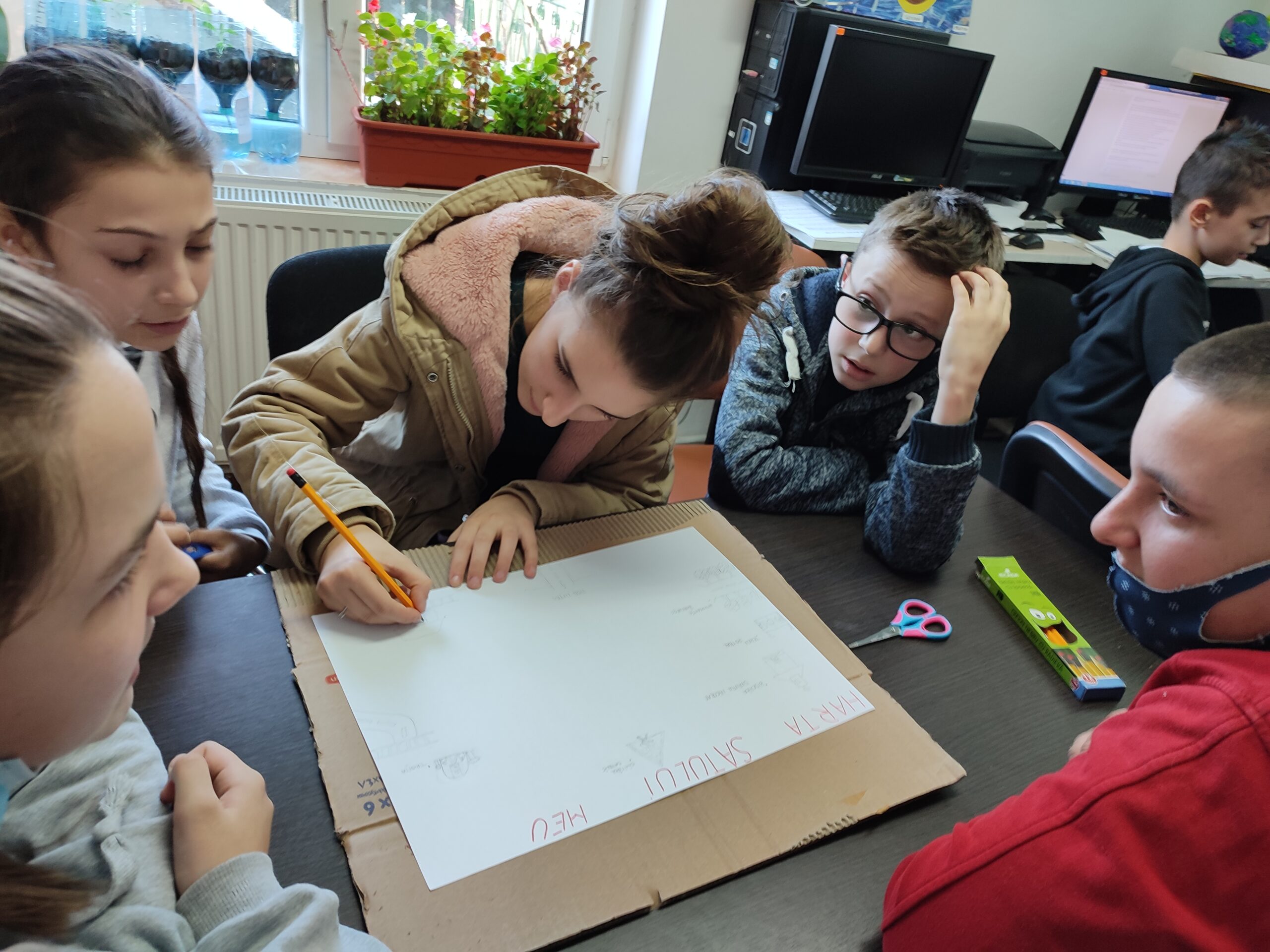In the consolidation phase of the program supporting the evolution of ecodestinations we added an educational component that seeks to develop a curriculum for schools in four geographical areas of tourist importance, the first being the Transylvanian Hills and Țara Dornelor. The process is implemented by ecotourism associations in partnership with an organization experienced in educational programs, with administrators of protected areas, local schools and county school inspectorates. The program is promoted as an optional curriculum in schools in the four ecodestinations.
CONTEXT
Romania is one of the most biodiverse countries in Europe. The 13 national parks, the Natura 2000 network and the cultural and historical heritage make this country an ideal ecotourism destination.
The areas most suitable for ecotourism are, at the same time, among the last developed in Romania, with low revenues, no economic opportunities and, many times, jeopardized by an “industrial” approach to development: deforestation, mass tourism or other activities that place nature and the unique values of the area at risk.
For flourishing eco-tourism destinations, the following needs have been identified:
RAF has strategically invested in the development of ecotourism since 2014. Education in the field of ecotourism is part of a complex model that targets key elements such as a strategy for the development of local ecotourism and an own brand, and also the creation of a functional, productive partnership between different stakeholders who internalize and assume a common vision and brand identity.

STRATEGY
The role of education is to create better premises in the long-run in the eco-tourism destinations in terms of human resources.
Under the coordination of Fundația pentru Parteneriat, we are developing an educational program through a network of local ecotourism associations, protected area administrators, local schools and county school inspectorates. In partnership with a technical expert in educational programs, an optional curriculum is created designed to contribute to the development of critical thinking skills in secondary school children, to the knowledge and appreciation of local values, to the understanding of the role of ecotourism in preserving these values and to later involvement in protecting them.
Educational resources are created, a manual for teachers and a notebook for students, specific for each ecotourism destination, in order to provide methodological and content support for the teaching of the optional subject “Landscape Education”, which will be part of the optional curriculum at the decision of the school .
The teachers from the schools that will choose these optional courses will participate in training workshops in order to implement the optional curriculum in the classes where they teach. They will be supported to act in a network where they will carry out formal and non-formal activities that direct the school to the community and that makes learning relevant for the future sustainable development of the eco-destination.
In the initial stage of program Fundația Noi Orizonturi set up 30 Green IMPACT youth clubs in eco-tourism destinations to provide learning opportunities for responsible entrepreneurship and community participation of youth.
British Council assessed the local context in the seven eco-tourism destinations in view of developing a program on three directions: Improvement of teaching practice in English classes in schools; access of youth to resources for learning English in rural libraries; and activating English teachers/libraries as promoters of civic and community engagement.



